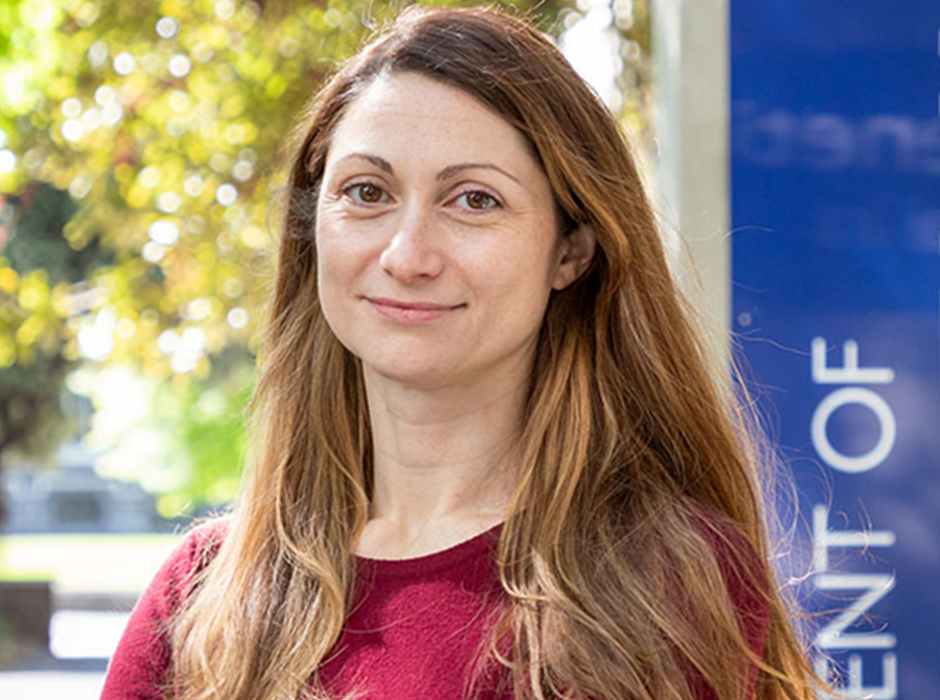
Dr Sarah Diermeier, of the School of Biomedical Sciences’ Department of Biochemistry is excited about the role Otago stands to play in a high-profile new research platform.
The University of Otago is a key member of a newly developed research platform designed to make New Zealand and its Pacific neighbours more resilient in the face of any future pandemic.
Victoria University of Wellington and the University of Auckland have partnered to develop and co-host an approved RNA Development Platform, with support from the University of Otago and the Malaghan Institute of Medical Research.
The Platform will be a dedicated science and technology hub, supporting the design and production of RNA therapeutics and mRNA vaccines within New Zealand. By bringing together experts and teams from diverse disciplines and institutions, it aims to strengthen New Zealand's capabilities in this cutting‐edge field.
Department of Biochemistry, School of Biomedical Sciences Senior Lecturer Dr Sarah Diermeier says the Platform is novel for New Zealand and is designed to span the lifecycle of drug development - from target selection and drug design through to manufacture and clinical testing.
Otago is well placed to contribute strongly to several of the Platform’s pillars, including target identification, payload design, formulation and preclinical testing, she says.
During the COVID-19 pandemic, Ribonucleic Acid (RNA) vaccines have played a significant role in limiting the impact of the virus in New Zealand and abroad.
However, with no capacity to produce the vaccines at scale here, New Zealand had to strike a deal for supply with overseas manufacturers such as Pfizer, then wait for delivery of shipments.
The ability to respond rapidly to any future outbreaks led the Government to decide to fund a new research platform to boost research into RNA development in Aotearoa.
In September, after providing initial funding of $500,000 to lay the groundwork, the Government announced it would commit a further $69.5 million over seven years to establish a national RNA Development Platform, to ensure New Zealand has well-connected and world-class research capability to strengthen the use and commercialisation of RNA technology.
Traditional vaccines contain a weakened bacteria or virus, which helps the body fight an infection, but these vaccines often take years to develop.
Described as a game-changer for medicine, RNA vaccines can be made much more quickly and act as a messenger system, carrying a code that tells cells what protein to make.
Dr Diermeier says the Platform means that in ‘war mode’ New Zealand could be self-sufficient in the event of another pandemic.
“And in ‘peace mode’ that same infrastructure could be used to develop other RNA-based technologies with applications in human and animal health, agriculture, aquaculture and beyond.”
The Platform will also establish connections with international experts, institutes and companies, empowering local researchers to contribute to global advancements.
University of Otago Deputy Vice-Chancellor (Research and Enterprise) Professor Richard Blaikie says the University is pleased to be a part of this exciting new initiative.
“Through the pandemic we demonstrated as a research community our ability to work together to quickly provide novel solutions for the health sector or industry—this new platform puts this on an enduring footing for RNA research.”
~ Kōrero by Sally Knox, Communications Adviser, School of Biomedical Sciences.